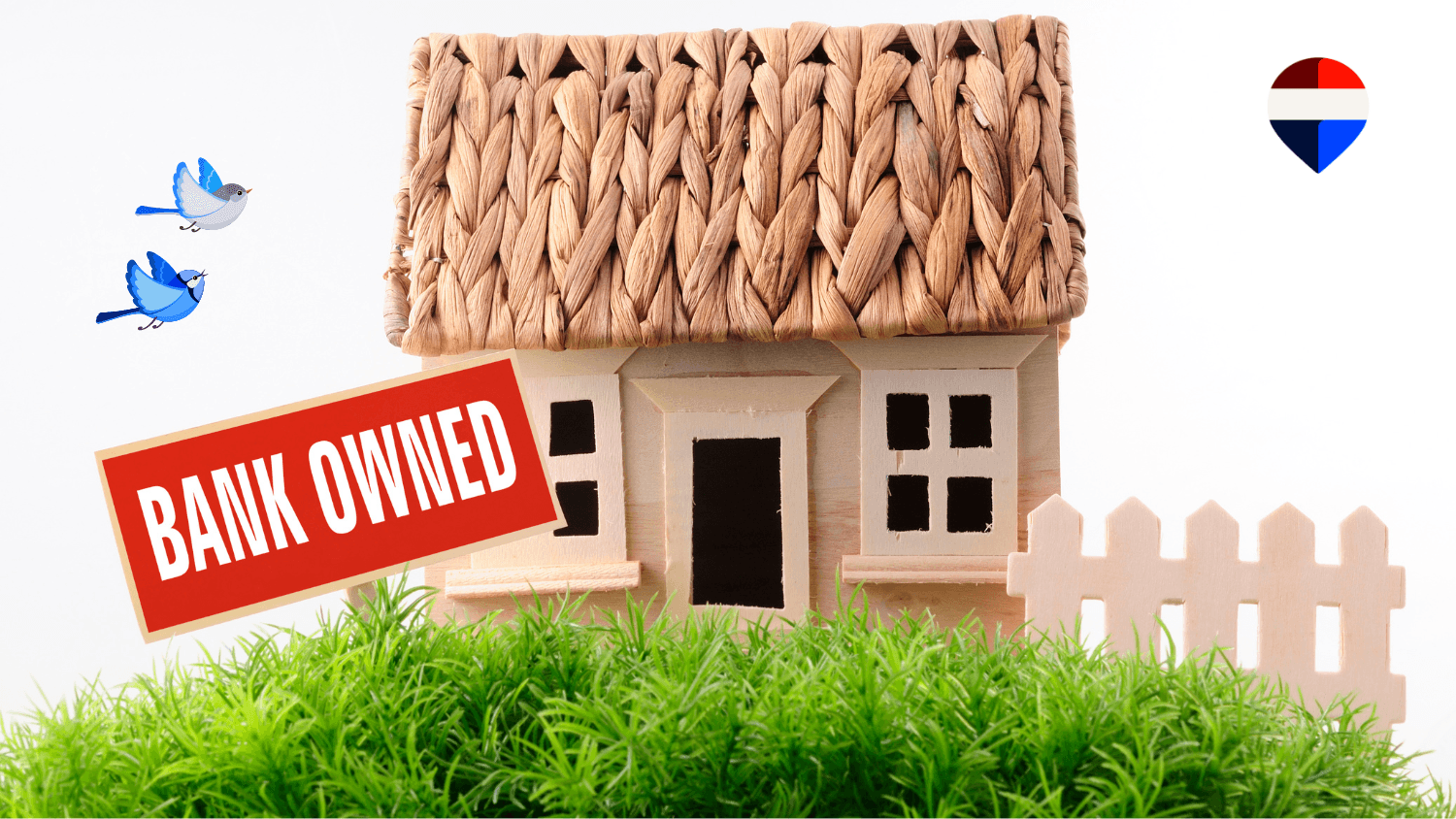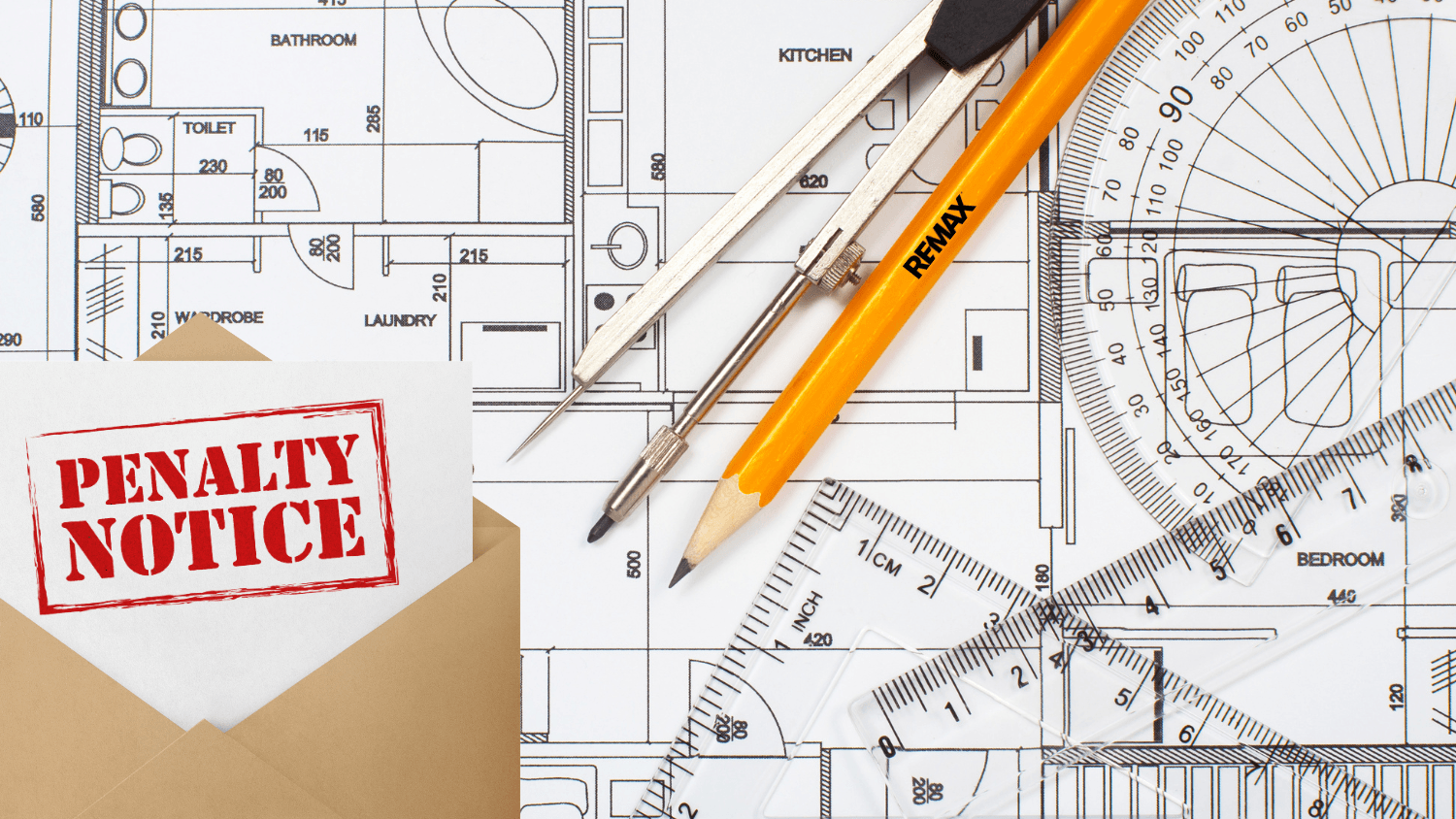The possibility of buying a repossessed property can be very appealing if you’re bargain-hunting and not totally risk-averse. They fall into a broad category described as distressed property sales. In this article, we’ll focus specifically on what constitutes a repossessed property and, because they often reach the market well below current pricing, how they can offer significant potential for high-return investments.
What are Distressed Property Sales vs Repossessed Property Sales?
The term “distressed property sales” refers to homes that have been put onto the market because the owner has fallen into some sort of financial difficulties. The sellers would sign a mandate with the bank that holds the bond. These are voluntary programs that offer various benefits to the sellers. These kinds of sales may include matters, for example, like if a homeowner has fallen behind on bond repayments, or if there is insufficient equity in a property to cover the outstanding bond balance.
Distressed property sales can vary greatly and don’t necessarily mean that the property is in poor shape or will be listed under market value — especially not when a homeowner volunteers to have the home sold through their bank’s distressed sales program before they have fallen too far behind on repayments.
When these properties go up for sale, they can happen at one of three stages (which could ultimately culminate in the repossession process):
1. Bank-mandated Sale
A bank-mandated sale is the first step to avoid a bank repossession. This is when an owner is struggling to commit to making their normal monthly repayments and signs a mandate whereby they agree to selling their property with the bank’s assistance. Each bank’s program is unique and offers discounts that will assist the seller with the sale and potential shortfall, if applicable. If caught early enough, this also gives the homeowner the best possible chance to walk away with some money provided that the sales price is higher than their loan amount.
“In certain cases where the homeowner has built up enough equity, they may be able to cover not only their remaining bond but also some other debts as well. Essentially this option could provide the homeowner with an opportunity to start again with a clean slate,” says Adrian Goslett, Regional Director and CEO of REMAX Southern Africa.
Because the owner is on board, a property purchase at this point is less risky. Although homeowners still have the right to reject offers if they are too low, they are often still willing to be flexible to avoid having their property go on public auction, which would be the next step in the process.
“On average bank-mandated sales spend around 45 days on the market and achieve around 92% of the asking price,” says Goslett.
2. Sale in Execution (Public Auction)
If an owner rejects all the available offers in a bank-mandated sale, or if there aren’t any valid offers, the bank may proceed to a sale in execution. This aims to recover the outstanding debt owed to the bank and any associated costs in the quickest way possible. This can only take place following an order from the High Court. However, in terms of Rule 46 of the Uniform Rules of Court, in conjunction with South Africa’s constitutional right to housing, this can be tricky if it is the borrower’s primary property that is being sold, often resulting in long delays.
3. Foreclosure: The Bank Repossesses the Property
If the property cannot be auctioned, the bank takes possession of the property (repossess the home) and mandates the sale to their selected estate agent or a Sheriff of the Court. Purchasing a foreclosed property comes with similar risks as those on auction, especially if they are occupied.
Each of these options comes with a set of risks, benefits and costs which are summarised in the table below:
| Type of distressed sale | Benefits for buyers | Risks for buyers | Associated costs for buyers |
| Bank-mandated sale (voluntary) |
|
|
|
| Sale in execution / public auction (involuntary) |
|
|
Upfront deposit + balance within 21 – 30 days Sheriff’s fee/ commission - 6-10% of purchase price + VAT Auction registration fee (around R25,000 – refundable if you don’t buy) Outstanding rates and utilities Eviction Renovations |
| Property in possession (repossessed) |
|
|
|
What else should I consider when purchasing a repossessed property?
Given the above, with all the unknowns and uncertainties, it is incredibly important to do your homework before making an offer on these kinds of property sales. To help make sure you know what you’re in for, here is a list of action points:
Don’t forget the three P’s…
Is the Price right?
Sometimes, a thing can be too good to be true. Even though the asking price may be below the current market value, consider the asking price of similar properties in the neighbourhood. You could also ask the bank how they determined the asking price. Remember that if the property is in a public auction and located in a popular area, you may need to be prepared to top other bidders’ offers. It is also a good idea to work on two separate budgets: one for the purchase and a second to cover the inevitable maintenance and renovations.
Is the Product right?
If you can, inspect the property. If you can’t, then at least drive past and view it from the curb side to get a general sense of its overall condition. Whether or not you can gain access for either a viewing or a home inspection, request a copy of the building plans from the municipality, either via the bank or the estate agent handling the sale. This way, you’ll also see the general layout of the house and the property, which will give you greater insight into whether it’s suitable for your needs.
“Although it is not always easy to arrange to view these kinds of homes, it is still worth seeking advice from a reputable local contractor to provide a loose estimate on the likely costs of getting the property back up to scratch,” Goslett recommends.
Is the Place – location – right
It doesn’t matter whether you’re a first-time buyer or seasoned investor, take a cold, hard look at the location of the property in terms of local trends, e.g. demand and potential resale value (especially if you’re looking to flip the property). Take some time to research amenities and the social issues, like crime, that may (or may not) impact the neighbourhood.
Don’t go it alone
Together with your agent and a conveyancing attorney, carefully examine the conditions of sale and consider, for example, whether the property is vacant and, if not, whether you will have to evict the occupants.
RE/MAX agents who specialise in distressed sales (a.k.a Certified Distressed Property Advisors) are trained to deal with these delicate and highly emotionally charged transactions and are well placed to help. If you are considering purchasing a repossessed property, or perhaps find yourself in over your head with your home loan repayments, reach out to your nearest RE/MAX office for support
Have more unanswered questions? Here are some related questions – and answers – that might help;
How long does it take to buy a repossessed house?
The time it takes to buy a repossessed house will depend on several factors, including whether your offer is accepted, the time required to address any complications associated with the transaction, and whether the occupants need to be evicted.
How much cheaper are repossessed houses?
Generally, repossessed houses sell for between 20 and 40% below the market value.
Do you pay transfer fees on repossessed houses?
Yes, you do pay conveyancing fees when you buy a repossessed house.





